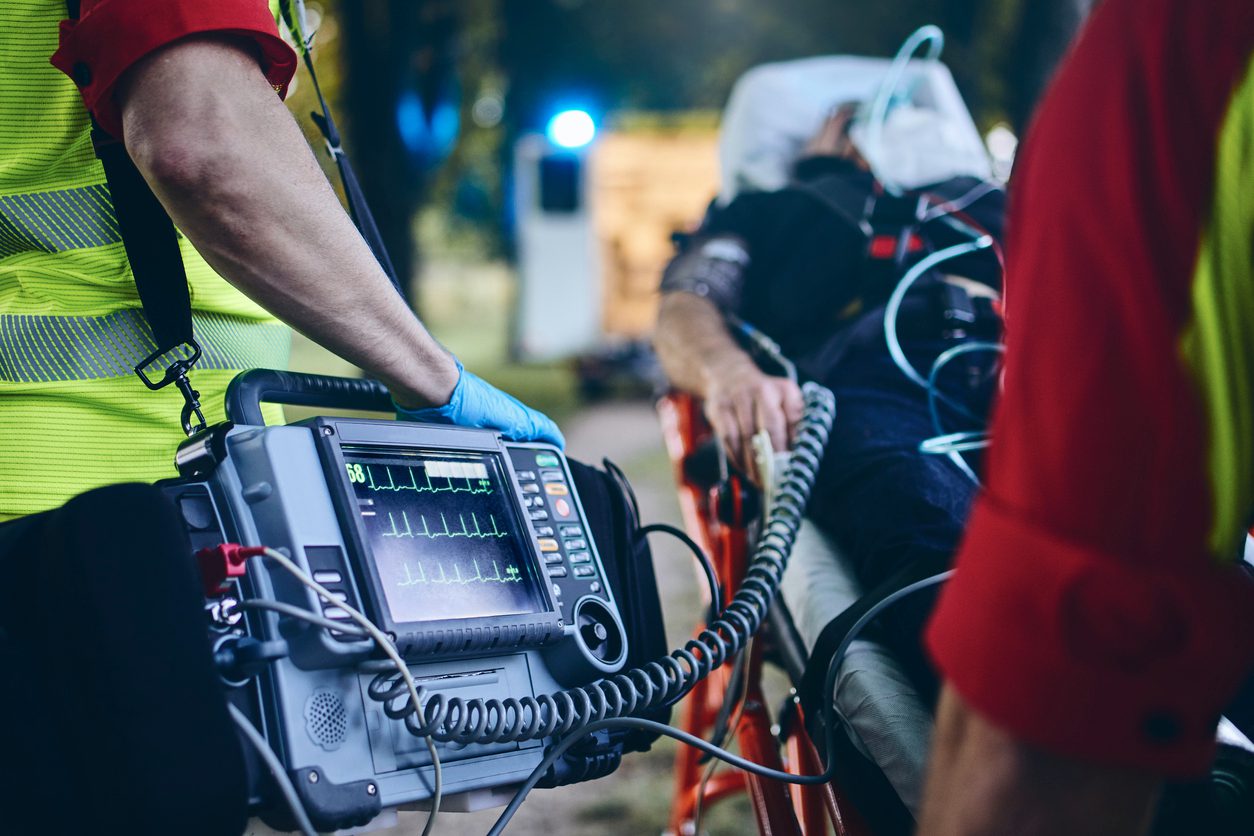Medical support in transit: Ensuring care continuity under pressure
A refugee in transit from Iran was taken ill while in transit through Dubai. Our medical provider network provided continuity of care for three months, working with our client, the airline and various hospitals until his safe onward travel could be arranged.

Challenge
A refugee in transit through Dubai to join his family in their new country of residence became distressed on a flight and was taken to a hospital for review. As this was an unscheduled stop, the refugee’s travel documents did not allow him to remain in the UAE indefinitely, so there was significant time pressure.
Our client activated us initially to ask our ground team to deliver a cellphone with a UAE SIM card, so the patient could speak with his family prior to a rescheduled departure later that week. It subsequently transpired that the patient had a range of physical conditions affecting mobility, so the client requested we provide a nurse to accompany him to the departure gates.
After the nurse joined the patient, psychiatric conditions also presented themselves, requiring immediate hospitalisation in a local A&E, and, after review, admission for further observation and treatment. This significantly extended the likely length of stay necessary
Approach
This case required a high level of responsiveness and flexibility, and of objective advice to the client, so they could make practical decisions balancing urgency with appropriate care. We provided indicative timelines for treatment to enable the client to engage the large number of stakeholders, including local officials, the airline and the government of the destination country.
We also used our long-standing contacts with the airline to ensure proper coordination between the security and medical teams, and briefed the panel doctors in his final destination. We arranged the transfer of the patient between hospitals when the first wished to discharge him prematurely.
We assumed responsibility for organising a medical escort for the departure flight. We moved the patient to the airport under medical supervision, to complete the final part of their journey.
Outcome
Despite requiring the management of a number of conditions over several weeks, the patient stabilised sufficiently to secure a medical ‘fit to fly’ approval and an ‘OK to board’ authorisation from the airline. Our escorts saw him safely to his destination.

